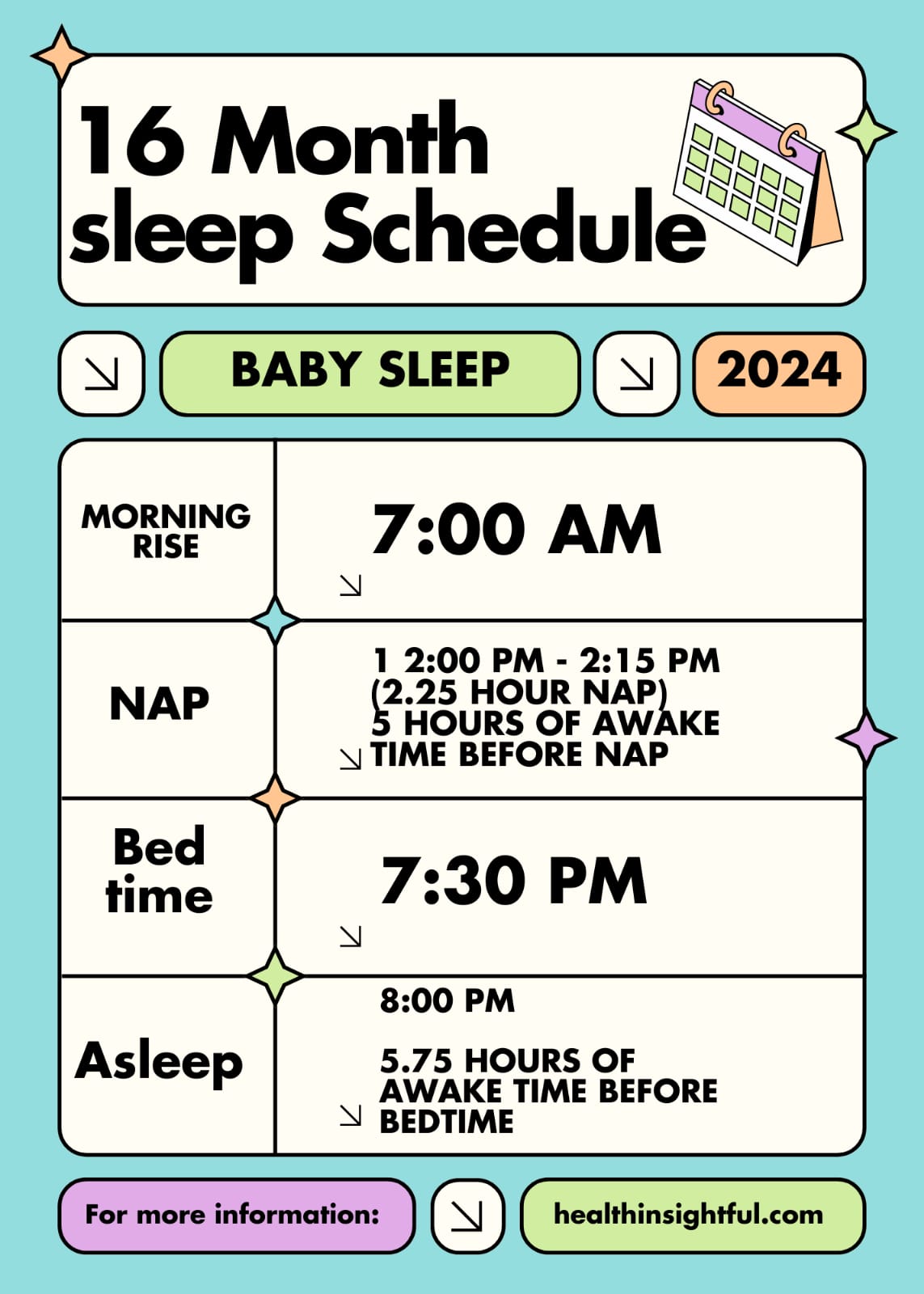Introduction
Parenting is one long journey of milestones that get lived and conquered; not many, however, are as potentially frustrating as sleep regression. This temporary disruption in your baby’s sleep patterns has great potential to be very stressful for both you and your little one. What is often overlooked, though, is how sleep regression can drastically affect feeding. Gaining an understanding will prove crucial in getting through such difficult phases. We are going to discuss, in this section, how sleep regression affects feeding, the causes of disturbances in sleeping and eating patterns, and practical strategies to be used in the management of both sleep and feeding problems during these periods.
What is Sleep Regression?
Sleep regression is the period when a previously good-sleeping baby suddenly starts to wake up frequently at night or resists naps. Regressions happen at certain periods in a baby’s life, like the 4-month mark, 8 to 10 months, 12 months, and 18 months-all times of huge development. While temporary, sleep regression can take a number of weeks or even months to pass, depending on the baby.
Relating Sleep Regression to Feeding

Sleep regression can really offset a baby’s feeding pattern in so many ways and makes life so difficult both for the baby and the parents. Here’s how sleep regression affects feeding:
1. Increased Night Wakings and Feeding
During periods of sleep regression, babies wake up more often at night. This is because they either may be in periods of development where big changes are happening, or else may be teething, or could have learned to roll over, sit up, or crawl. Because of this, they turn to feeding as a comfort. This may escalate and increase their night feeding, even though previously they were past the stage of sleeping at night. The consolation that might be soothing to the baby causes disruption in the overall sleeping pattern of the baby and makes it hard for the baby to get into a proper sleeping pattern.
2. Loss of Appetite
Besides, sleep regressions relate to altered appetites on the part of the baby. Whereas some will seek to eat more frequently as a means of comfort mechanism anytime their sleeping pattern has been disrupted, some eat less on account of irritability and fatigue. This trend of increased and decreased eating presents problems for parents in carrying out normal feeding schedules and questions the delivery of nutrition for their babies.
3. Changes in Daytime Feeding
Sleep regression can take a toll on both night sleep and day-time sleeping-for example, nap time. Babies who are overtired because of interrupted nighttime sleep may have a hard time taking naps during the day, which in turn makes them very irritable and fussy, and they may also develop problems with feeding. Overtiredness reduces a baby’s ability to concentrate on feeding and thus makes each session shorter and less productive.
4. Feeding as a Sleep Association
With periods of regression, some babies will start to create a very strong association with feeding to sleep. Feeding is a very soothing modality; overreliance on this as a method to fall asleep can create problems at a later time when parents try to transition the baby toward more independent skills of sleep. This often turns into a vicious cycle, and the baby would want to feed every time they wake up-not because they are hungry, either.
Diaper Changing Techniques During Sleep Regression
Understanding how sleep regression affects feeding forms the first step in managing these difficult periods using the following practical strategies aimed at keeping healthy feeding patterns during sleep regressions.
1. Watch for Cues
Especially in periods of sleep regressions, there’s a need to distinguish between real hunger and comfort-seeking. Watch your baby for rooting, sucking on hands, or showing interest in food as their feeding cue. If they appear hungry, offer a feeding. If they don’t appear hungry for food but rather for comfort, consider other soothing methods: rocking, cuddling, offering a pacifier.
2. Offer a Consistent Feeding Schedule
Consistency is key with the feedings during sleep regressions. Try to keep your baby as close to a routine in the day so the baby will be full. This might help reduce increased wakings in the night for more feeds. If your baby wakes excessively at night, try working out night feedings gradually by offering less milk or for less time.
3. Encourage Full Feedings
During regressions, babies often prefer snacking over taking full feedings. Try to keep your baby awake and engage him during feeding sessions so that he takes full feedings. This way, he will be better able to get the nourishment he needs and decrease the possibility of waking up hungry mid-night.
4. Create a Soothing Feeding Environment
Quiet, peaceful feeding areas allow your baby to really focus on their feeding with much less distractions. Dim the lights, softly play calming music, or use white noise to maintain a subdued mood in the room. These are best at nighttime feedings since stimulating your baby will keep him wide awake when you put him back down.
5. Introduce Self-Soothing Techniques
This will break the sleep association with night feedings, which is very important in weaning your baby from this habit. Allow your baby to learn to fall asleep by himself using one of the more gentle approach methods to sleep training like the “cry it out” or “pick up/put down” method. Sometimes this takes a while, so it does take some patience and persistence.
6. Watch for Growth and Development
Sleep regressions often occur simultaneously with growth spurts, and sometimes this may be attributed to an increased nutritional need. Observe your baby’s growth and development, and make the appropriate adjustments to their feeding schedule. All specific concerns about your baby’s weight gain or general pattern of feeding are best discussed with your pediatrician.
Parental Strategies in Managing Sleep and Feeding
Parental strategies go a long way in working through sleep regression and feeding problems. Here are more tips to help with these challenging times.
1. Self-Care
Sleep regressions are exhausting, especially when feeding patterns have been disrupted. Give yourself time to rest, eat well, and ask for help whenever you need it. Taking good care of yourself will better equip you to face the challenges in your baby’s care.
2. Reach Out for Support
Also, don’t be afraid to ask for help from your partner, family, or friends during sleep regressions. Sharing the burden of nighttime feedings and soothing reduces stressors and can reassure you that you are not in it alone. Joining a parenting group for advice might be helpful, or at least your pediatrician or an experienced sleep consultant will be better suited to give you more information and support.
3. Be Patient and Flexible
Sleep regressions are temporary, and every baby is different; hence, whatever works for one might not work for another. So, be patient with these phases, and also, be flexible. Most importantly, remember that it is okay to switch in a tactic when everything does not go just the way it should. Trust your instinct and act upon exactly what you feel is right for you and your baby.
Conclusion
Sometimes, regression to sleep may be very overwhelming to the baby and parents in general, especially concerning feeding. It is paramount to understand how regression to sleep affects the feeding habits of a baby and to utilize effective strategies toward the management of any such change. This will keep your baby nutritionally satisfied while their sleep habits are still maintained. Remember that sleep regressions do not last forever. With a little patience and consistency and some support, you and your baby will be through this phase of life in no time.
Pay attention to maintaining usual feeding schedules, recognize hunger cues, and encourage self-soothing behaviors as a way to try to minimize how sleep regression will impact feeding. Meanwhile, in these daily challenges, remember not to forget about your needs and reach out when you need support. The better prepared and supported you are, the easier it is to help your baby through these developmental milestones.










